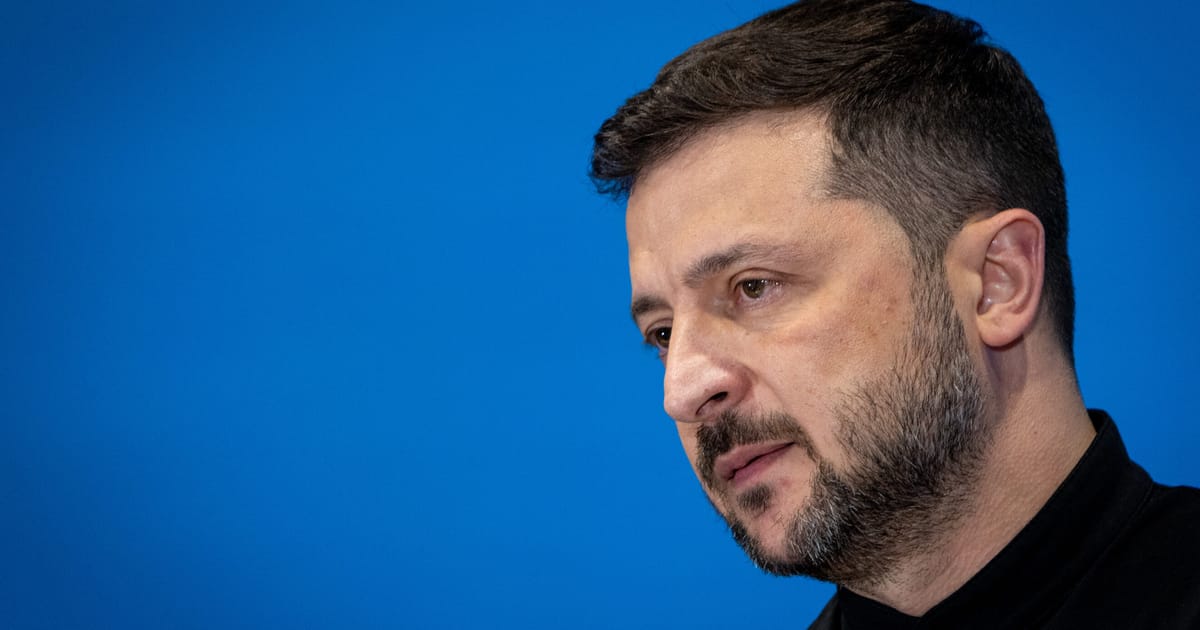

In the constantly evolving landscape of international relations, recent developments offer a potential glimpse of promising resolutions emerging on multiple fronts. These peaceful endeavors, marked by diplomatic propositions and agreements, underscore global efforts towards harmony and ceasefire.
Ukraine, laden with the weight of prolonged conflict, has extended an invitation to Russia for a fresh round of peace dialogues. President Volodymyr Zelenskyy of Ukraine renewed his call for face-to-face negotiations with Russian President Vladimir Putin, expressing a robust willingness to engage in discussions aimed at de-escalating tensions and achieving a much-needed ceasefire. Despite setbacks from earlier talks in Istanbul, which centered around prisoner exchanges and the recovery of soldiers’ remains, the latest proposal emphasizes a renewed commitment to achieving a peaceful resolution. Zelenskyy highlighted the urgency by pointing out Moscow’s reluctance to advance decisive measures and urged for comprehensive dialogues scheduled for the coming week.
These efforts by Ukraine come amidst a backdrop of past negotiations that, although fruitful in certain humanitarian aspects, fell short of their ultimate peace aspirations. As the international community watches closely, the potential for substantial progress in these upcoming talks remains a beacon of hope for a region weary of ongoing conflict.
Meanwhile, in the Middle East, an encouraging development is seen in the ceasefire agreement between Israel and Syria. This accord, catalyzed by violence in Syria’s southern Sweida region that involved the Druze minority in a conflict with other local tribes, offers a necessary reprieve after conflicts claimed hundreds of lives. While the broader context of the Syrian conflict is multifaceted, this ceasefire represents a positive step towards stabilizing affected communities and preventing further loss of life.
Against the tapestry of these regional tensions, voices advocating for global peace resonate strongly. Pope Francis has consistently promoted a message of solidarity and unity across personal, ethnic, and religious boundaries. During a mass at the Cathedral of Albano near Castel Gandolfo, the Pope encouraged acts of compassion and understanding, emphasizing a “culture of peace” necessary for the co-existence of diverse peoples and faiths. This universal call to build bridges rather than barriers is a gentle reminder of the power of mutual respect and empathy in fostering harmony.
The contemporaneous threads of these narratives intertwine seamlessly with the broader humanitarian focus. The potential dialogue between Ukraine and Russia, the recently brokered ceasefire between Israel and Syria, and the Pope’s continuous advocacy for peace reinforce a global tapestry woven with intentions toward cooperation and reconciliation. As these developments unfold, they serve as a testament to the enduring human spirit that seeks collective flourishing over divisive strife. The interconnectedness of these global efforts highlights a shared journey toward peace, one defined by patient diplomacy and the aspirational goal of harmonious co-existence.
Amidst these positive strides, the importance of high-level discussions to maintain momentum cannot be understated. As exemplified by Zelenskyy’s appeal for substantive talks with Putin, the detailed attention and dedicated efforts of global leaders are crucial in sustaining the progress toward peaceful solutions. Similarly, ceasefire agreements, such as the one between Israel and Syria, require ongoing commitment to ensure they serve as groundwork for lasting peace rather than temporary relief.
In essence, these varied yet interconnected peace endeavors underscore the profound impact of diplomatic dialogue and unity in addressing complex international challenges. By prioritizing collaboration over contention, these initiatives reaffirm that even in times of discord, peace remains a viable and noble pursuit.
Source: {link}
